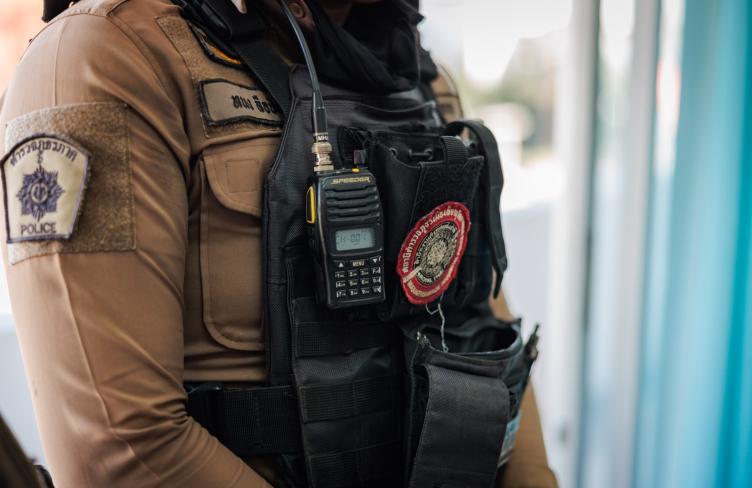
Human rights education plays a crucial role in protecting, promoting human rights as well as preventing human rights violations in the future. In Mongolia, more than 10'000 police officers have not received any human rights training. The National Human Rights Commission therefore intended to reach out to them through various trainings and training materials.
Within the framework of the APF/APT Torture Prevention Ambassadors project we elaborated a training of trainers’ professional manual on “The right to be free from torture”. This manual included teaching methodologies for adults as well as a wide range of theoretical and practical information on the issue of torture from a human rights perspective, and international, regional and national legislation and regulations. I also included a case study and practical exercises on each topic. All the material for the case study and exercises are based on real complaints received and handled by the Human Rights Commission and inquiries undertaken by the Commission and other institutions.
The professional manual was published in 50 copies and distributed to six law enforcement agencies.
Training for lawyers
The Commission has also reached an agreement with the Mongolian Bar Association to include eight human rights topics, including the right to be free from torture, in a training program for lawyers with credits. In Mongolia, every member of the Bar Association has to collect ten training credits per year in order to keep their lawyer’s certificate valid. This concerns prosecutors, judges, advocates and other lawyers. Until now, the Human Rights Commission organised trainings only upon the request from organisations, but I am pleased to note that from February 2016, we will organise official, regular training programs for lawyers,
Besides the trainings and Training of Trainers’ manual, the Commission has also prepared and published training guidelines for law enforcement officials, entitled “International Legal Sources on Prevention of Torture, State Reports and the United Nations’ Recommendations”. These guidelines were disseminated to a number of organsations, including the library of State Great Khural (the Parliament), the General Police Department, the Ministry of Justice, the Law Enforcement University and the Prosecutor General’s Office. It is now to be used in their daily work.
Within the TPA-project, I have organised several full day trainings for law enforcement agencies, reaching hundreds of officers and senior cadets. The objective is to raise awareness about the prohibition and prevention of torture. With the material developed, the project will continue to benefit the country for years to come.
Introducing a compilatin of international law and recommendations against torture.
The Training of trainers's manual: "The right to be free from torture".
Commissioner Oyunchimeg Purev, Human Rights Commission of Mongolia, is a participant in the APF/APT Torture Prevention Ambassadors project.
Earlier TPA blog posts:
- Monitoring visits revealed successive transfers of detainees in Mongolia, by Agar-Erdene Gankhuyag
- The paradox of temporary lock-up cells in the Philippines, by Jacqueline de Guia

